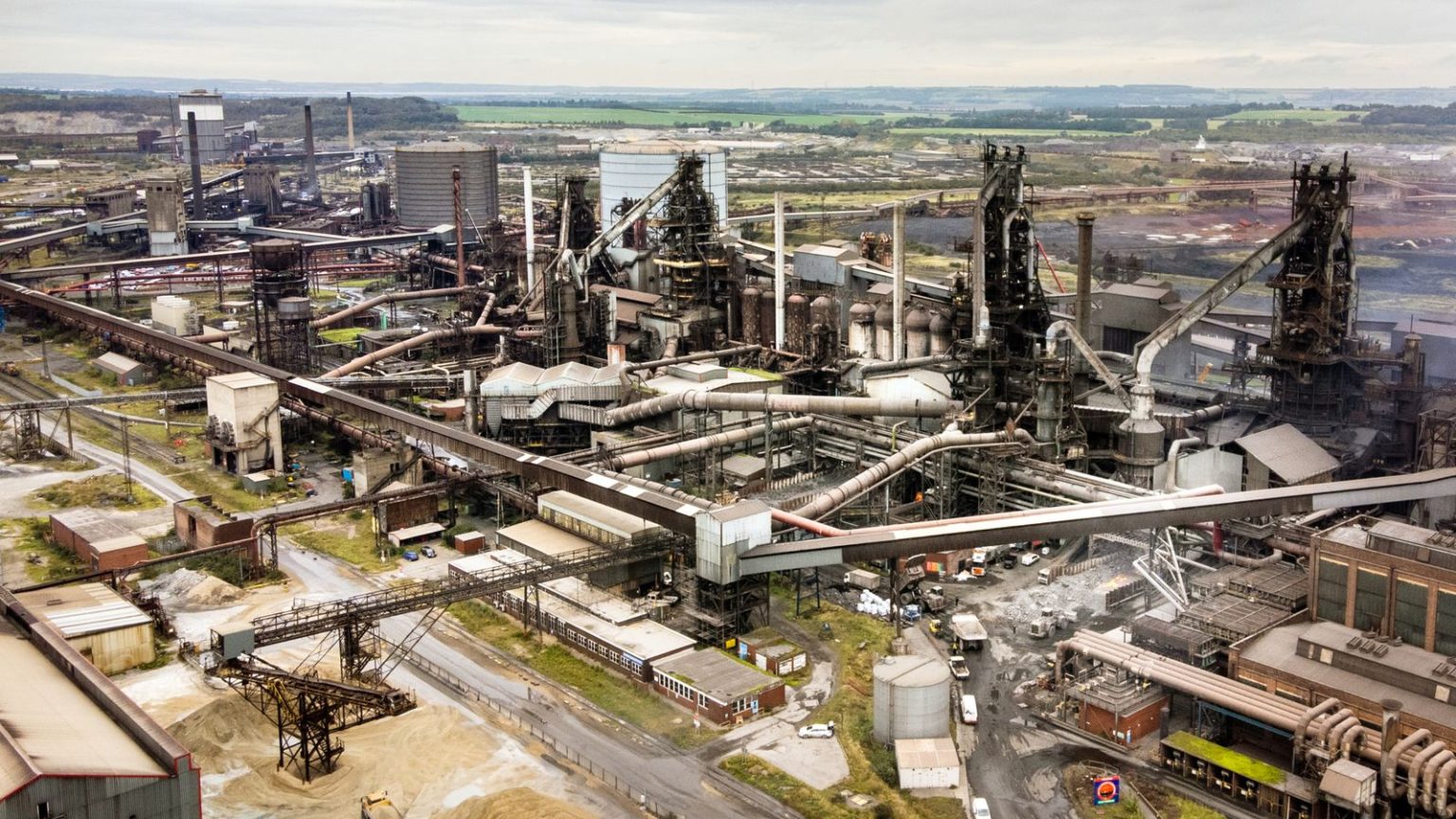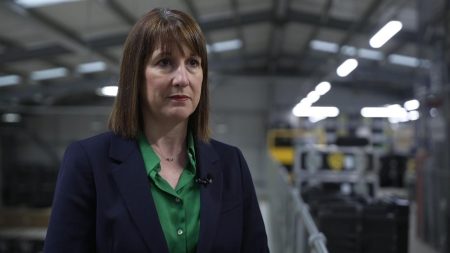The UK’s Measured Response to Trump’s Steel Tariffs
The recent imposition of 25% tariffs on British steel exports by Donald Trump has sparked significant concern within the UK steel industry. The tariffs, announced by the US president on Monday, are part of a broader move to impose heavy levies on foreign steel and aluminium, with Trump stating that these measures will be enforced "without exceptions or exemptions." The UK’s Trade Minister, Douglas Alexander, has urged a "cool and clear-headed" response to this development, emphasizing the need for careful consideration rather than a hasty reaction. Alexander’s call for calm reflects the UK’s desire to maintain a balanced and constructive relationship with the US, despite the challenges posed by these tariffs.
Industry Reactions and Concerns
The UK steel industry has expressed strong opposition to the tariffs, with UK Steel describing the move as a "devastating blow" and accusing Trump of taking "a sledgehammer to free trade." Gareth Stace, director-general of UK Steel, argued that the tariffs will not only harm UK steel exports to the US but also create distortions in global trade flows, potentially leading to increased import pressures in the UK market. Stace emphasized that UK steel poses no threat to US national security, as the high-quality products exported by the UK serve key industries in the US that cannot be fully supplied domestically. He called for international cooperation to address the root cause of the issue—global steel overproduction—rather than resorting to protectionist measures.
The UK Government’s Strategy
Douglas Alexander, in a speech to the Commons, reiterated the UK’s commitment to finding mutually beneficial solutions. He noted that while the details of the tariffs on aluminium have not yet been published, the UK is prepared to engage in detailed analysis and discussions with the US. Alexander also confirmed that Business Secretary Jonathan Reynolds will meet with representatives from the steel industry and trade unions within the next 24 hours to discuss the impact of the tariffs and potential responses. The trade minister highlighted the historical strength of the UK-US trade relationship, which is valued at around £300 million, and stressed the importance of maintaining this partnership.
Economic and Political Implications
The tariffs have raised concerns about their broader economic and political implications. The US is the second-largest export market for UK steel, accounting for 5% of total exports in 2023. While this may seem like a small fraction, the impact of the tariffs could be significant, particularly for smaller steel producers who rely heavily on US markets. Additionally, the tariffs have been criticized for undermining free trade principles and potentially setting a problematic precedent for other countries to impose similar protectionist measures.
Prime Minister Sir Keir Starmer is expected to visit Washington DC in the coming weeks for talks with Trump, though no specific details of the meeting have been confirmed. Downing Street has taken a cautious approach, refusing to explicitly criticize Trump’s decision but emphasizing that the government will engage with the US to understand the details of the tariffs and their implications. When asked whether the UK would request exemptions from the tariffs or introduce subsidies for the steel industry, a government spokesman declined to provide specifics, stating only that significant support, including £2.5 billion of investment and measures to reduce electricity costs, has already been provided to the sector.
The Path Forward
The UK’s response to the tariffs will likely involve a combination of diplomacy, analysis, and industry support. As Trump’s negotiating style is known for generating uncertainty, the UK will need to navigate this situation carefully to protect its steel industry while maintaining the integrity of its trade relationship with the US. Starmer’s planned visit to Washington presents an opportunity for direct dialogue, though the outcome remains uncertain. In the meantime, the UK will continue to support its steel industry through existing measures, such as the British Industry Supercharger initiative, which aims to reduce electricity costs and make UK steel more competitive on the global market.
Ultimately, the tariffs serve as a reminder of the challenges of navigating complex international trade relationships in an increasingly unpredictable global economy. The UK’s approach—calm, considered, and collaborative—reflects its commitment to maintaining a balanced trade partnership with the US while advocating for fair trade practices. As the situation unfolds, the UK will need to remain vigilant and proactive in addressing the implications of these tariffs and working towards a resolution that benefits both nations.















